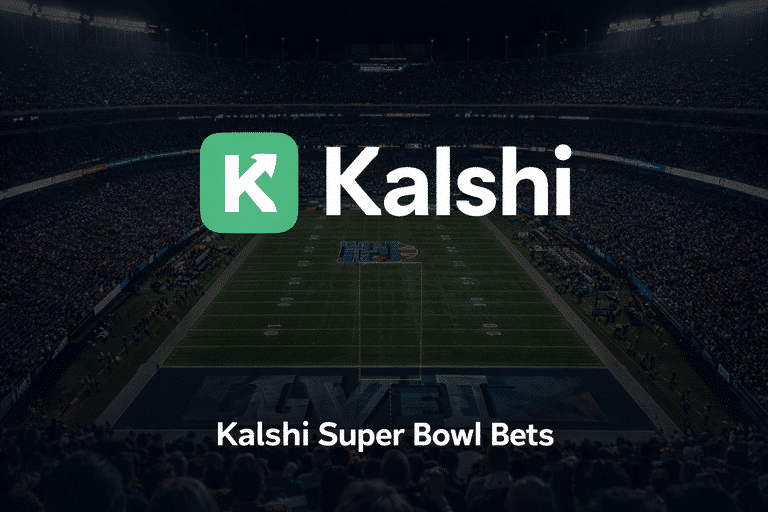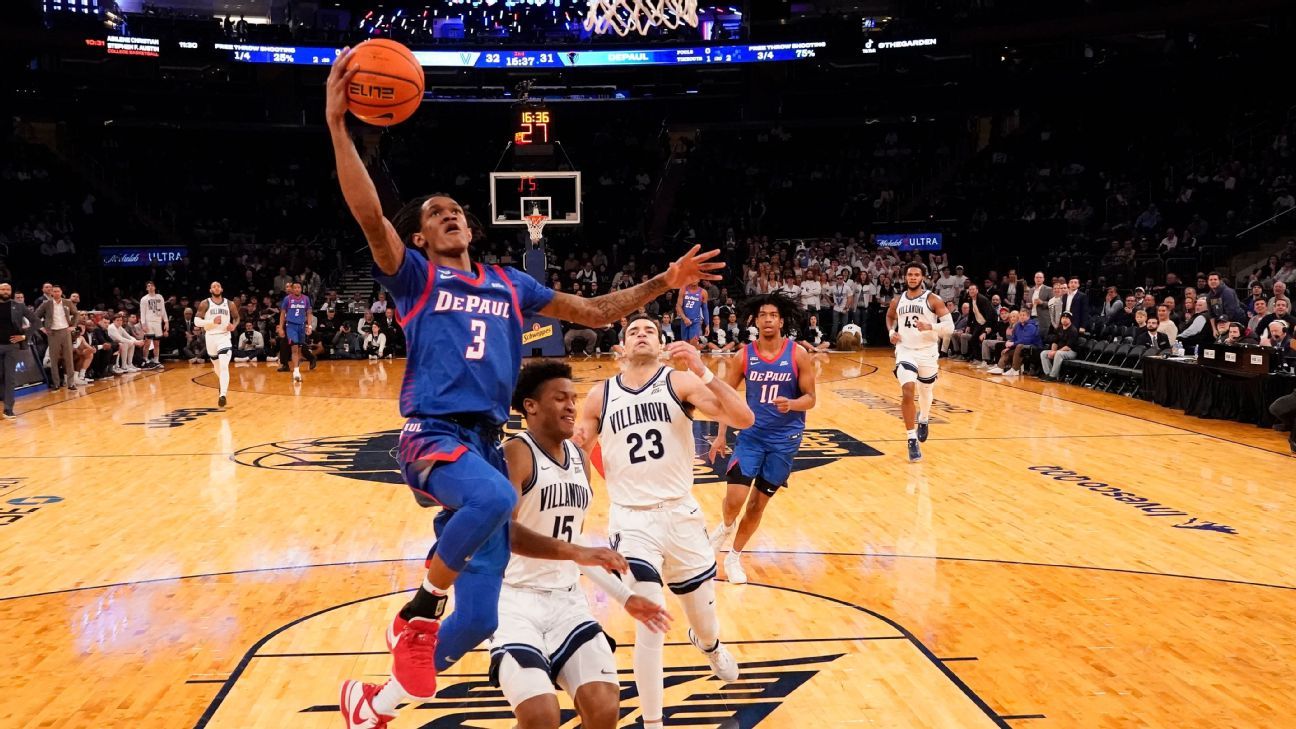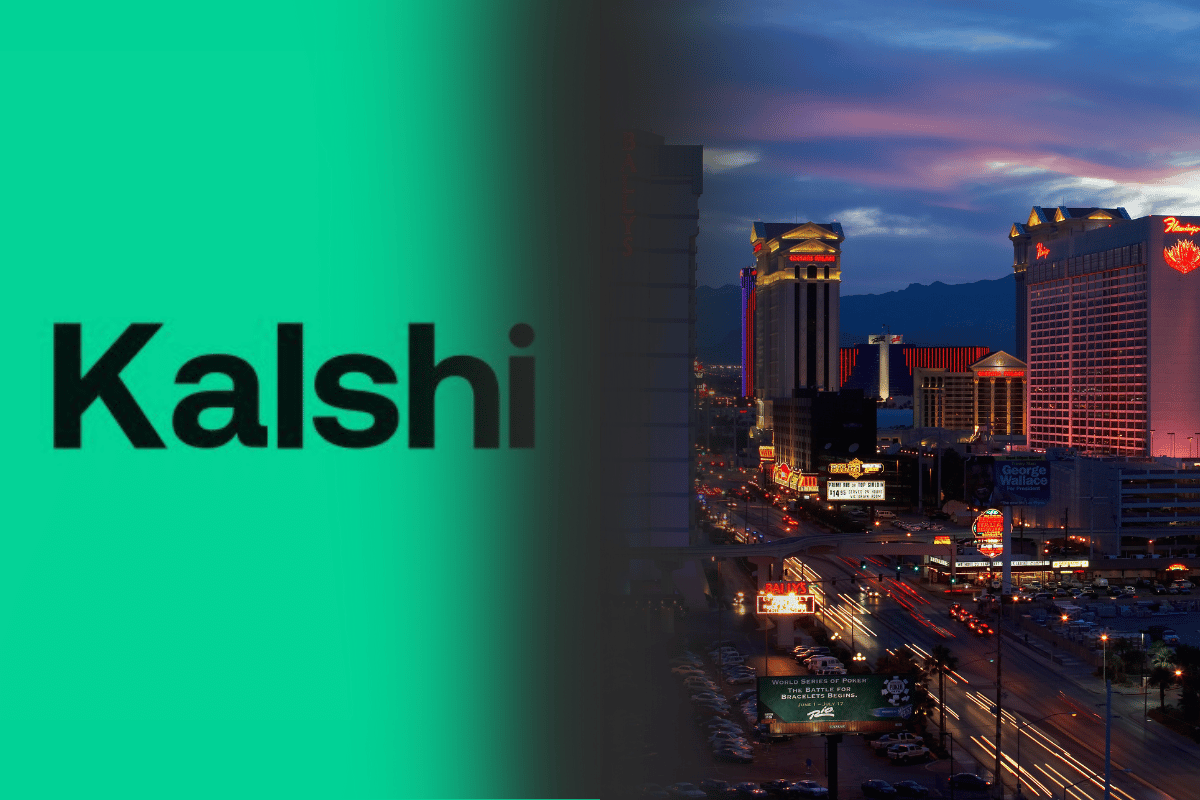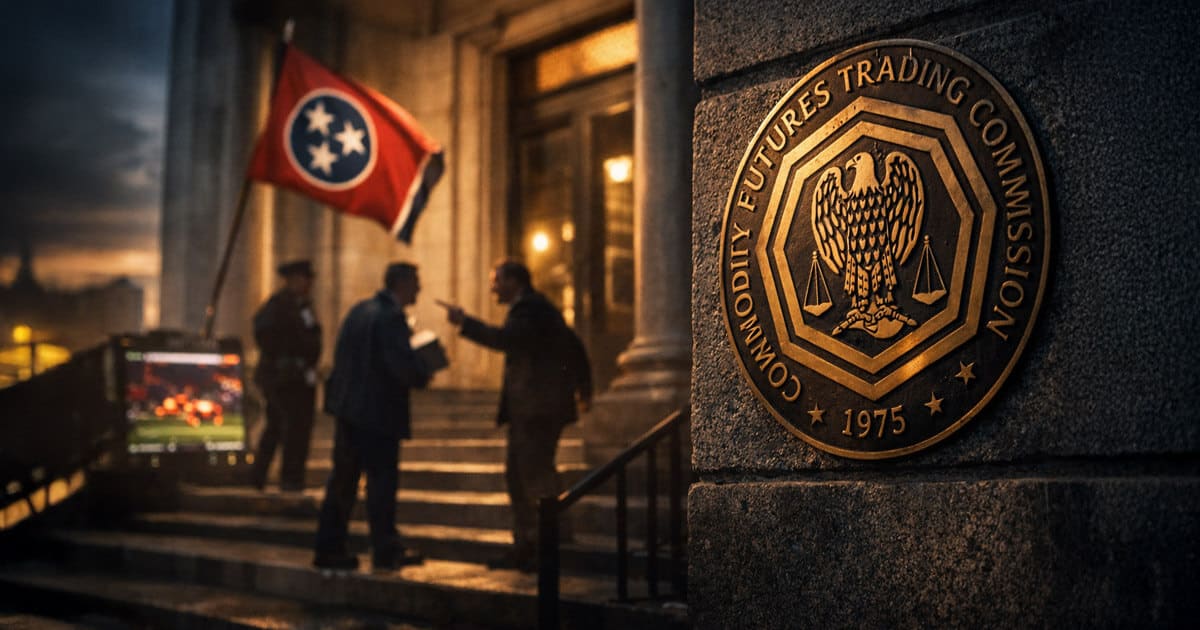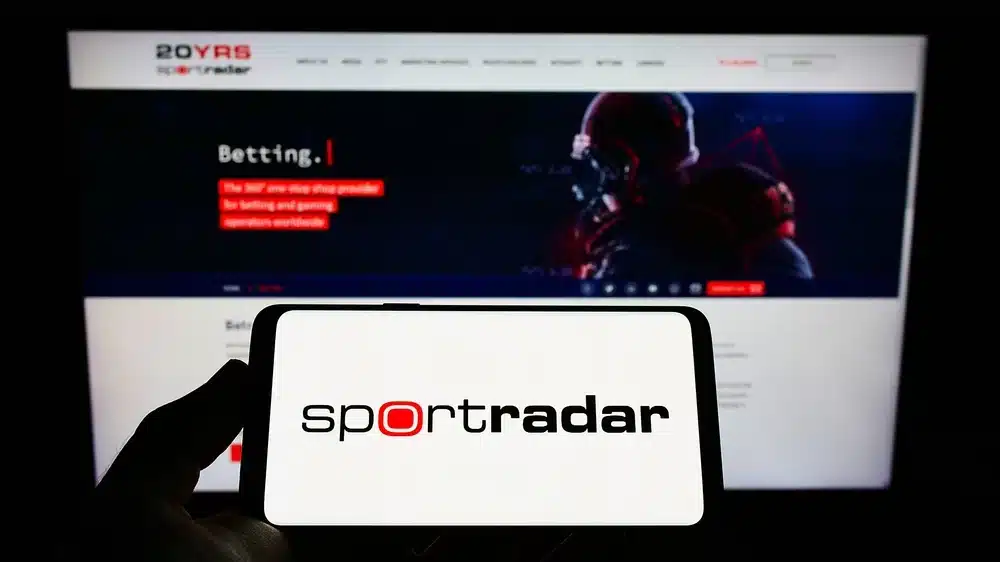
How CalPG is supporting problem gambling in California

In September, the California Council on Problem Gambling (CalPG) launched HowToExclude.org, California’s first comprehensive resource of the state’s existing self-exclusion programs, offered by nearly all of the state’s casinos, which each have their own ways of opting in. But why would CalPG need to collate so many unique requirements and regulations? Gaming America spoke to CalPG Executive Director Robert Jacobson to learn more about how to exclude in California, which demographics in the state may need the most assistance with gambling and how best to help those individuals before the need to self-exclude.
The US is home to 574 federally recognized Native American Tribes; 109 of those Tribes are located in California — and 63 of them own and operate the state’s 66 casinos. California’s Tribal gaming establishments first let guests play their Class III games in 2001. Games like roulette and craps are not permitted even at Tribal casino venues, due to a law against games using dice or a ball. Commercial gaming and sports betting are also both against state law.
The impact of Tribal gaming on California’s residents can be seen in the revenue sharing trust fund (which supports Tribes that do not have gaming operations), the general fund (which aids a variety of state programs), the special distribution trust fund (which encourages responsible gaming and supports treatment programs for gambling addiction), as well as in the work done by CalPG.
With different rules and regulations present at each Tribal casino property, Jacobson commented that the council didn’t want to create a “directory of casinos” by any means, but that the organization did feel that simplifying the process of self-exclusion was necessary. The website allows gamblers to voluntarily ban themselves from casinos by searching for their city and recommends a 60-mile exclusion radius. All casino contact information provided to the party interested in self-exclusion is completely necessary for the process — no addresses or phone numbers are given if the casino doesn’t require them to self-exclude.
CalPG has also recently digitized its records, back to 2009, which show some interesting trends and perspectives for who in California has contacted the council over the years and how they’ve interacted with its helpline and other programs. In that time, CalPG has answered 335,666 total calls, with 15,953 of those calls having taken place at the time of writing since January 1, 2023. Of that number, 2,613 calls count as ‘phone intakes’ in which a person speaks with a counselor at either Masters level or above. A non-intake call, according to Jacobson, is usually brief and can vary from, “wrong numbers, to people confused of the purpose of the helpline (perhaps calling for directions to a casino, or the winning lottery numbers), to people who might’ve had a brief thought of seeking help but weren’t ready yet.”
Data collected during an intake call is based on the caller’s “Stage of Change,” which Jacobson explains as “how ready and serious” the caller is about wanting and receiving help. Some data comes up more naturally in initial conversations about a caller’s situation, while other data points either may not be relevant to the immediate help a caller needs, or may not be disclosed before a caller hangs up. Jacobson added, “The most important thing is the caller’s well-being. We always place that above data collection. Data is useful and we collect what we can, but we never want to risk the caller feeling uncomfortable or wanting/choosing to hang up for the sake of collecting data.”
That being said, CalPG has still managed to gather an impressive amount of data, to both build a picture of the people who have called its helpline since 2009, as well as address their needs with the wider purposes of the helpline and its new website counterpart. Out of the 335,666 calls answered since January 1, 2009, there have been 51,977 complete phone intakes. Types of callers able to be identified over the years were made up of 42,912 gamblers and 10,669 other individuals affected by gambling. Year to date for 2023, those numbers compare: with 2,590 gamblers calling and 587 other affected individuals choosing to access the helpline. Overall, this means around 20% of calls are from people who may not even gamble themselves. Text and live chat conversations are also possible through the helpline and in 2021 CalPG received its highest number of chat conversations. Helpline booklets are also distributed by both traditional mail and email.
The helpline’s callers range broadly in age, including those under 18. Support is still available for people under the legal gambling age in the state of California. Interestingly, due to the Tribal sovereignty of the land on which casinos are located in the Golden State, this legal age actually varies from 18-21 depending on the individual rules of each casino. Not all callers’ ages will be disclosed during an intake, due to whether the information comes up in regards to either the relevancy or time length of the call. There are 11,532 callers with unrecorded ages since 2009.
Of the data disclosed, however, the age demographic that has made the fewest number of calls over the years is the 17 and underage group with 136 calls since 2009 (seven of those calls taking place in 2023). This is an increase from five calls received in this age group throughout 2022 and could possibly also rise above the seven total calls received in 2021. Since 2009, the age range that has placed the most calls to the helpline falls between 26-35 years of age, with 10,796 total calls. Year to date, however, this demographic shifts slightly with 36–45-year-olds making the most calls in 2023.
After an intake, case management options are presented to the individual. According to CalPG’s website, 15,273 people have been treated so far — 11,629 of them gamblers, with a further 3,644 individuals affected by gambling. CalPG conducts warm transfers between the individuals seeking help and their first, second or third choice therapist based on preferences provided, including whether or not the client would like to access in-person or tele-health therapy. In 2023, 679 callers have accepted case management so far.
It is important to note that CalPG is a gambling-neutral organization. The council simply provides help to those who seek it and uses the data of those individuals to assess the ways the people of California would most benefit from, and make use of, its services if they are affected by gambling.
Tags/Keywords
Good iGaming content works like a well-balanced system. When the math, structure, and testing align, players can see exactly where the value lies.
Players trust our reporting due to our commitment to unbiased and professional evaluations of the iGaming sector. We track hundreds of platforms and industry updates daily to ensure our news feed and leaderboards reflect the most recent market shifts. With nearly two decades of experience within iGaming, our team provides a wealth of expert knowledge. This long-standing expertise enables us to deliver thorough, reliable news and guidance to our readers.



